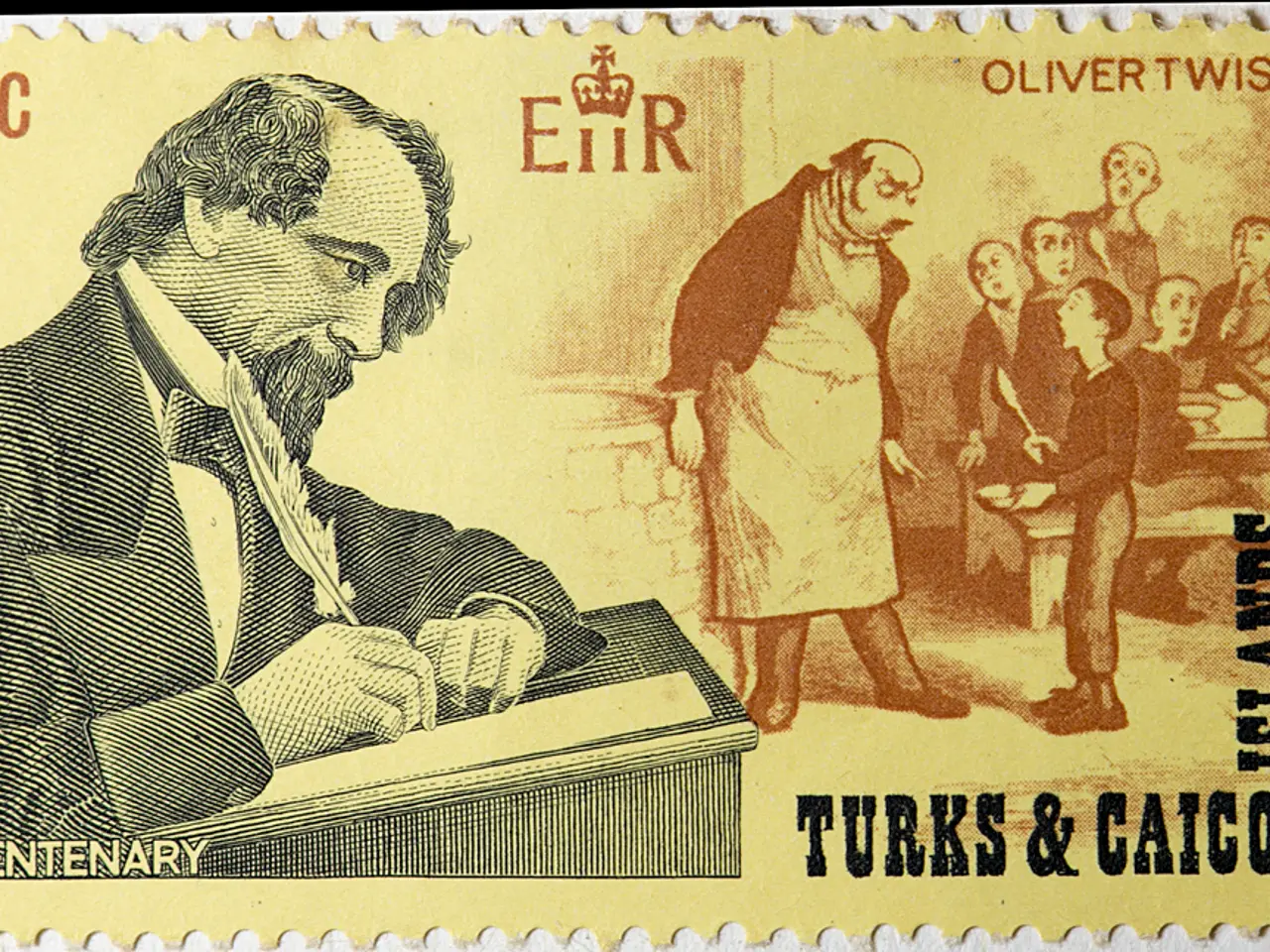9 States Tax Social Security Benefits: What Seniors Need to Know
Senior citizens in the U.S. should be aware of varying state tax rules on Social Security benefits. While nine states tax these benefits, others exempt them for low-income seniors. A cost-of-living adjustment is expected in 2026, potentially affecting federal taxes.
Nine states—Colorado, Connecticut, Minnesota, Montana, New Mexico, Rhode Island, Utah, Vermont, and West Virginia—currently tax Social Security benefits for some seniors. However, specific rules and income limits vary. For instance, West Virginia is phasing out its taxes, exempting seniors with adjusted gross incomes of $50,000 or less for singles and $100,000 or less for married couples by 2025.
Seniors can request the Social Security Administration to withhold taxes from their checks to avoid a large tax bill later. Even if state taxes are not owed, federal income taxes may be due based on marital status and provisional income. Up to 85% of benefits may be taxable at ordinary income tax rates.
The upcoming cost-of-living adjustment in 2026 may result in a benefit increase for seniors. It's crucial for seniors to understand their state's tax rules and estimate potential federal taxes to plan their budgets accordingly.
Read also:
- Tony Hawk's Memorabilia Auction Raises Record $1.2M for Skatepark Project
- Customs Raid in Germany's Hotel Industry Finds 12 Illegally Present Workers
- Trade Disputes Escalate: Trump Imposes Tariffs, India Retaliates; threatened boycott ranges from McDonald's, Coca-Cola to iPhones
- MIH Consortium Chooses BlackBerry for Next-Gen EV Platform




